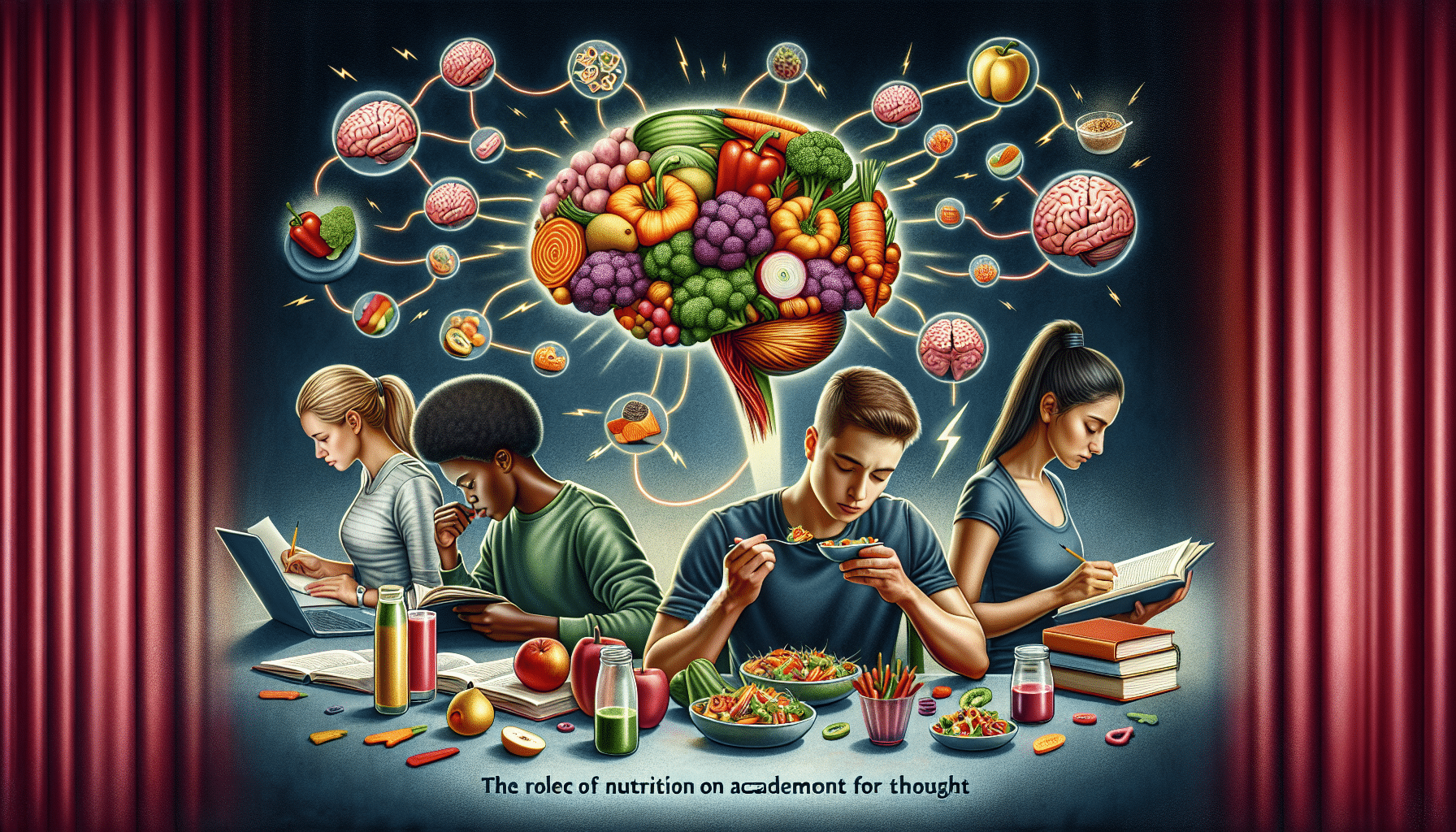The Role of Nutrition in Academic Performance: Food for Thought
The Role of Nutrition in Academic Performance: Food for Thought
When it comes to academic performance, most students focus on studying, attending classes, and completing assignments. However, there is one important factor that is often overlooked – nutrition. What we eat directly impacts our physical and mental health, which in turn affects our academic success. As we continue to understand the importance of holistic well-being, it’s time to give proper attention to the impact of nutrition on academic performance.
The Relationship between Nutrition and Academic Performance
It’s no secret that good nutrition plays a crucial role in the development and maintenance of a healthy body. But it also has a significant effect on our cognitive function and mental well-being. The human brain requires a constant supply of nutrients to function optimally, and a deficiency in any of these essential nutrients can lead to various cognitive and behavioral problems, ultimately affecting academic performance.
According to a study published in the European Journal of Nutrition, students who consistently consume a healthy and balanced diet have better memory, focus, and attention span. On the other hand, those who consume a diet high in processed foods and sugar have shown to have poor cognitive performance and are more prone to developing mental health issues like anxiety and depression.
The Importance of Proper Nutrition for Students
With the growing demands and pressure of academic life, students often find themselves resorting to quick and unhealthy meal options, such as fast food and sugary snacks. These foods may provide temporary energy and satisfaction, but they lack the necessary nutrients to support long-term cognitive function. A diet rich in whole grains, fruits, vegetables, and lean proteins, on the other hand, can provide the necessary fuel to help students perform at their best.
Furthermore, students who consume a healthy diet are less likely to experience the energy crashes and brain fog that often come with consuming sugary and processed foods. This allows them to stay alert and focused, leading to improved academic performance.
Practical Tips for Maintaining a Healthy Diet
It’s understandable that students may find it challenging to maintain a healthy diet due to time and budget constraints. However, here are some practical tips to help incorporate proper nutrition into a busy student’s lifestyle:
- Plan your meals ahead of time to avoid reaching for unhealthy options when pressed for time
- Eat a balanced breakfast to start the day off on the right foot
- Incorporate healthy snacks, like fruits and nuts, to keep energy levels up throughout the day
- Choose whole grain options over processed foods whenever possible
Conclusion
The saying “you are what you eat” holds true, especially for students striving for academic success. Proper nutrition not only fuels the body but also supports cognitive function, mental well-being, and academic performance. By making small but significant changes in dietary habits, students can reap the benefits of a healthy diet and excel in their academic pursuits. So next time you reach for that bag of chips or sugary drink, remember the importance of nutrition and choose nourishing options for a successful academic journey.










